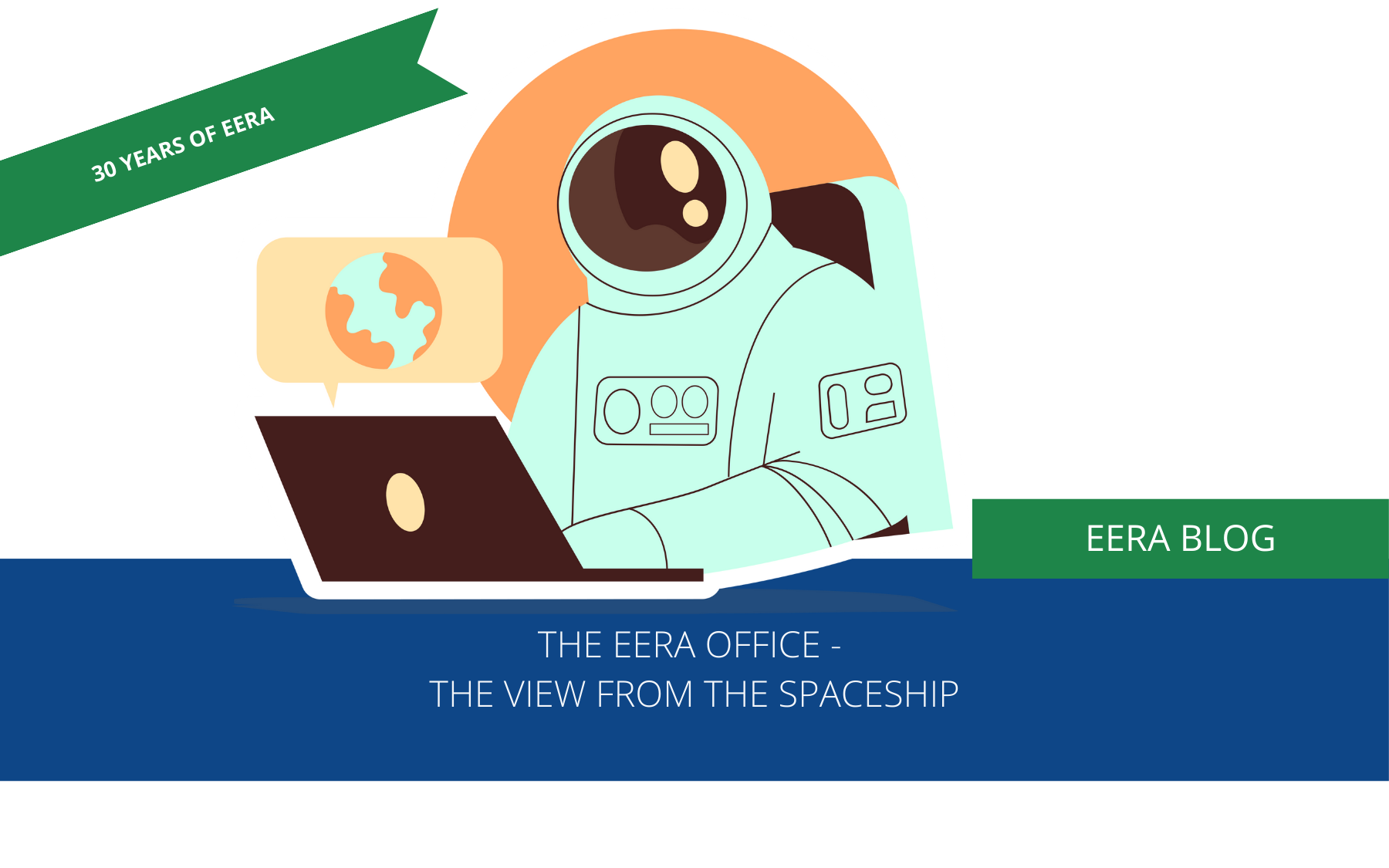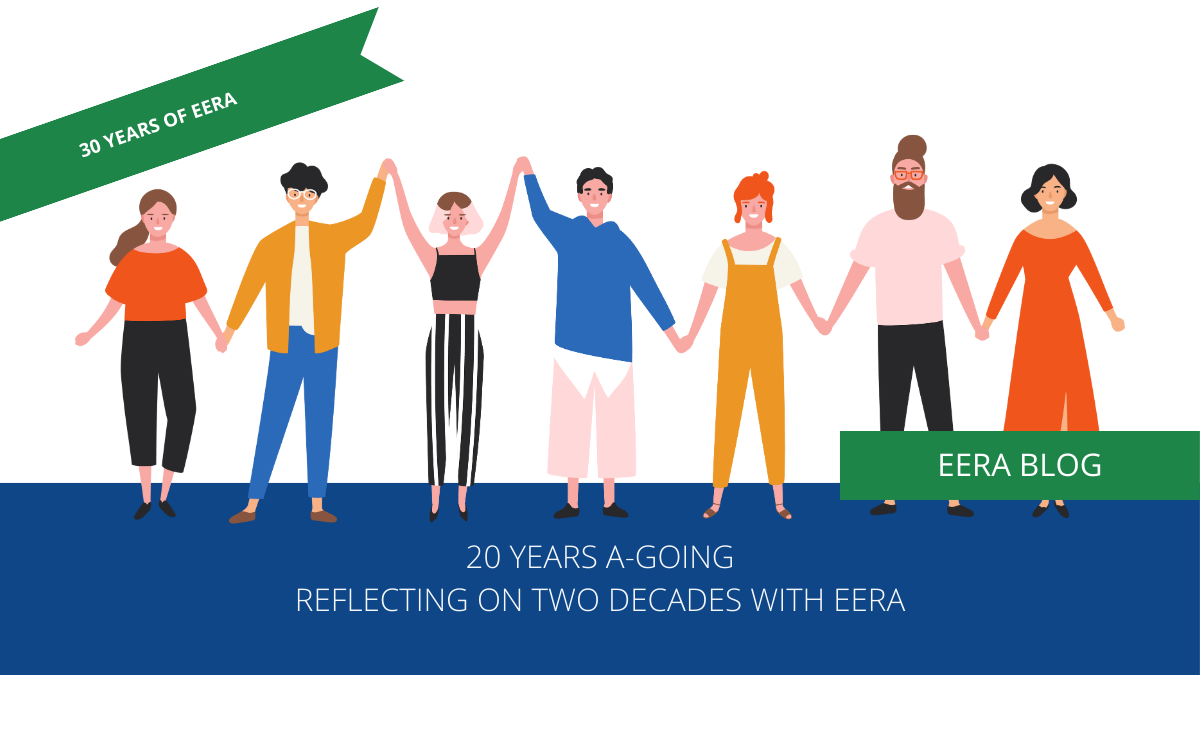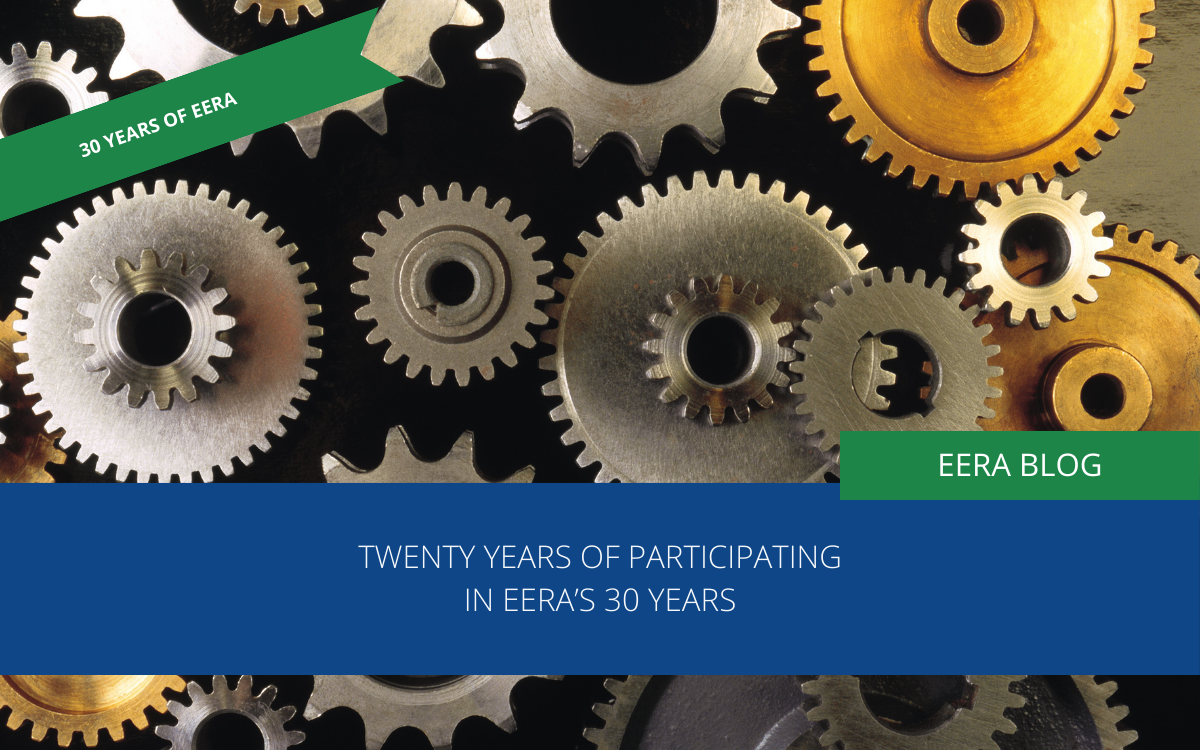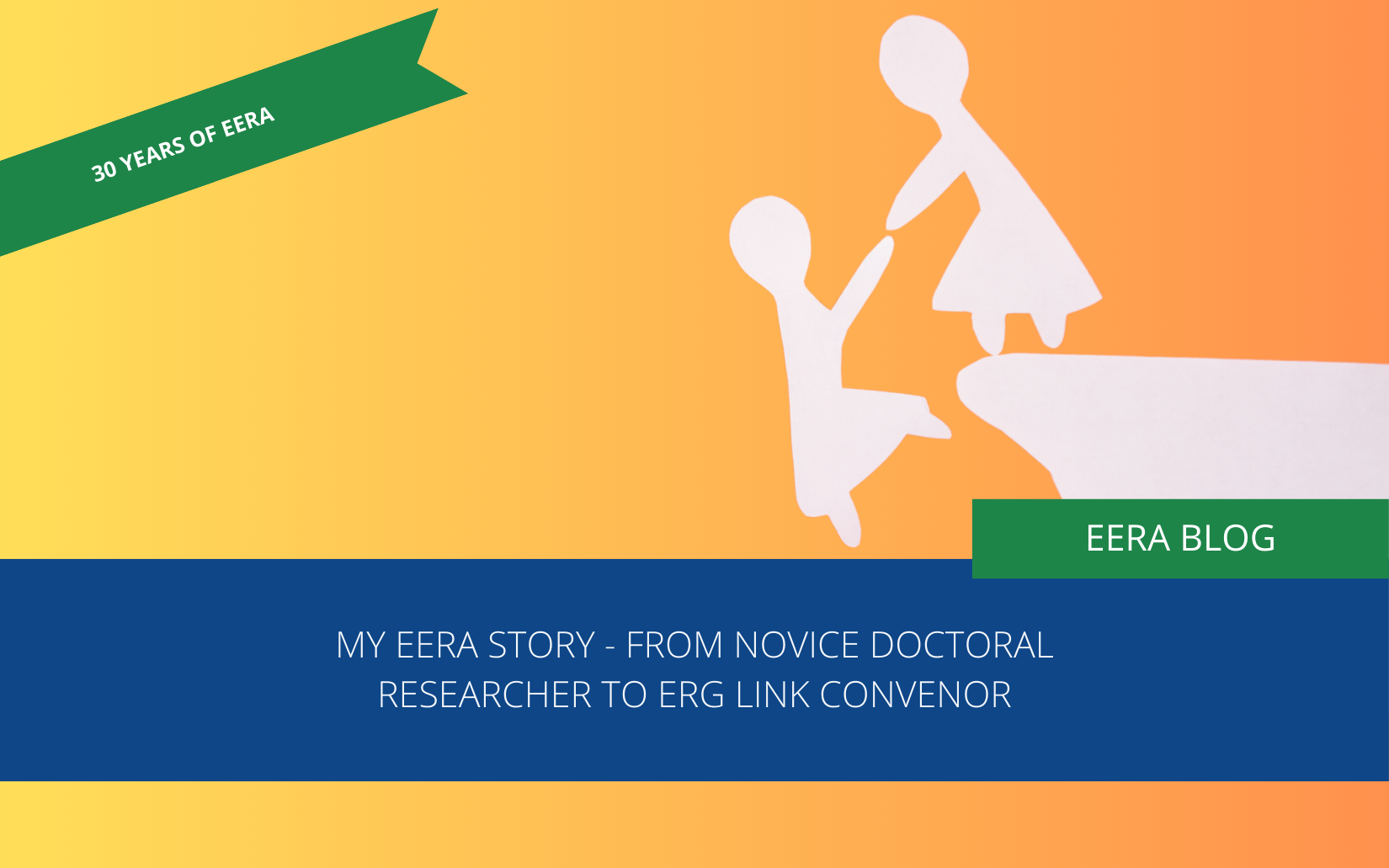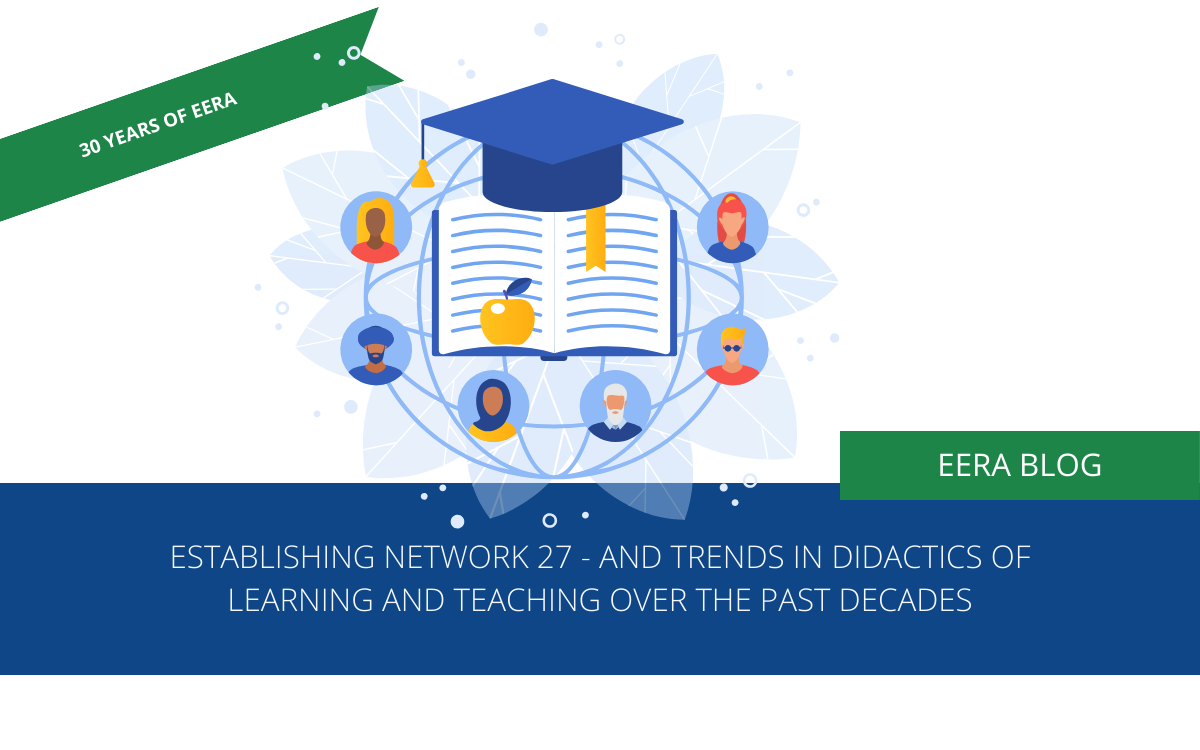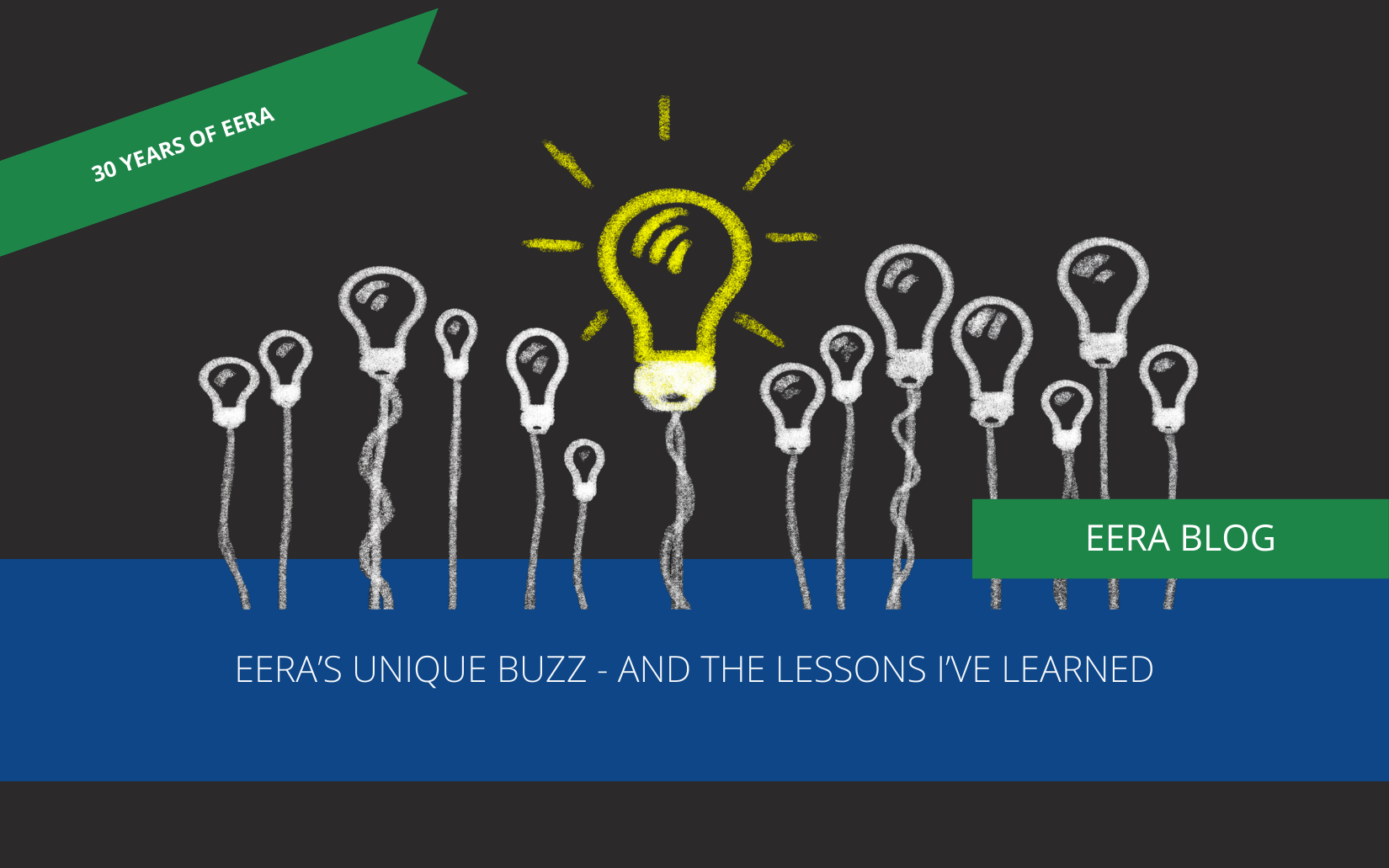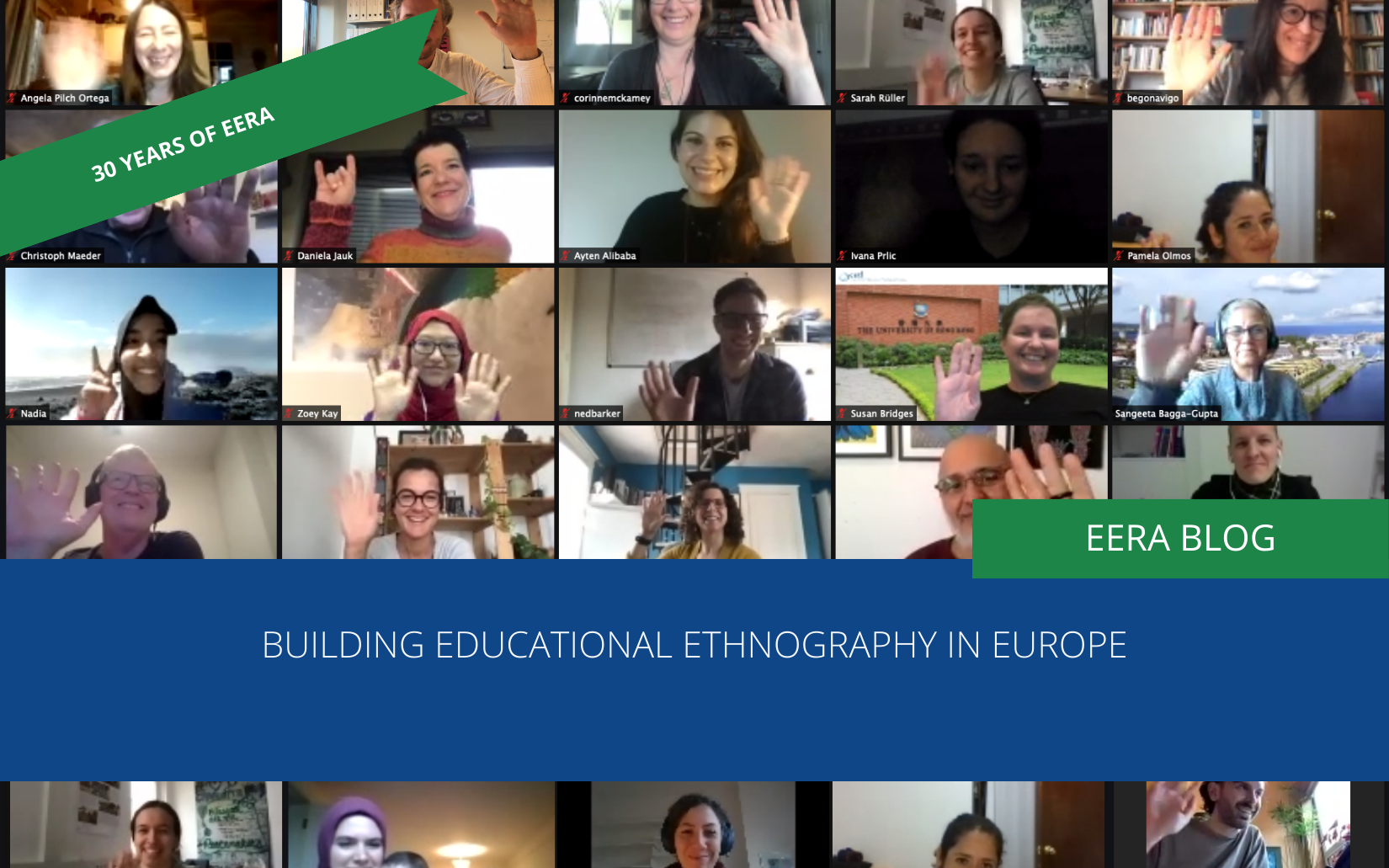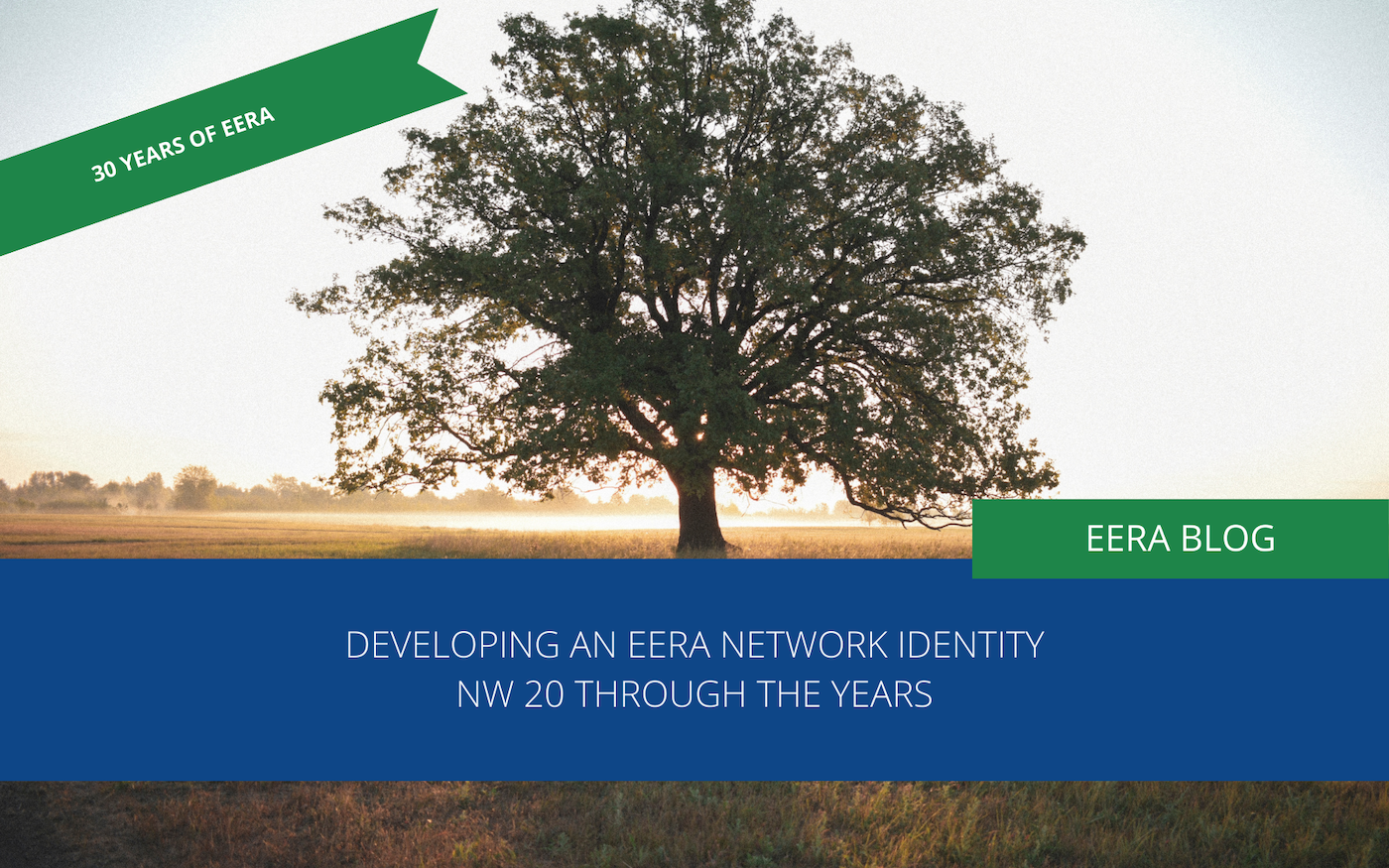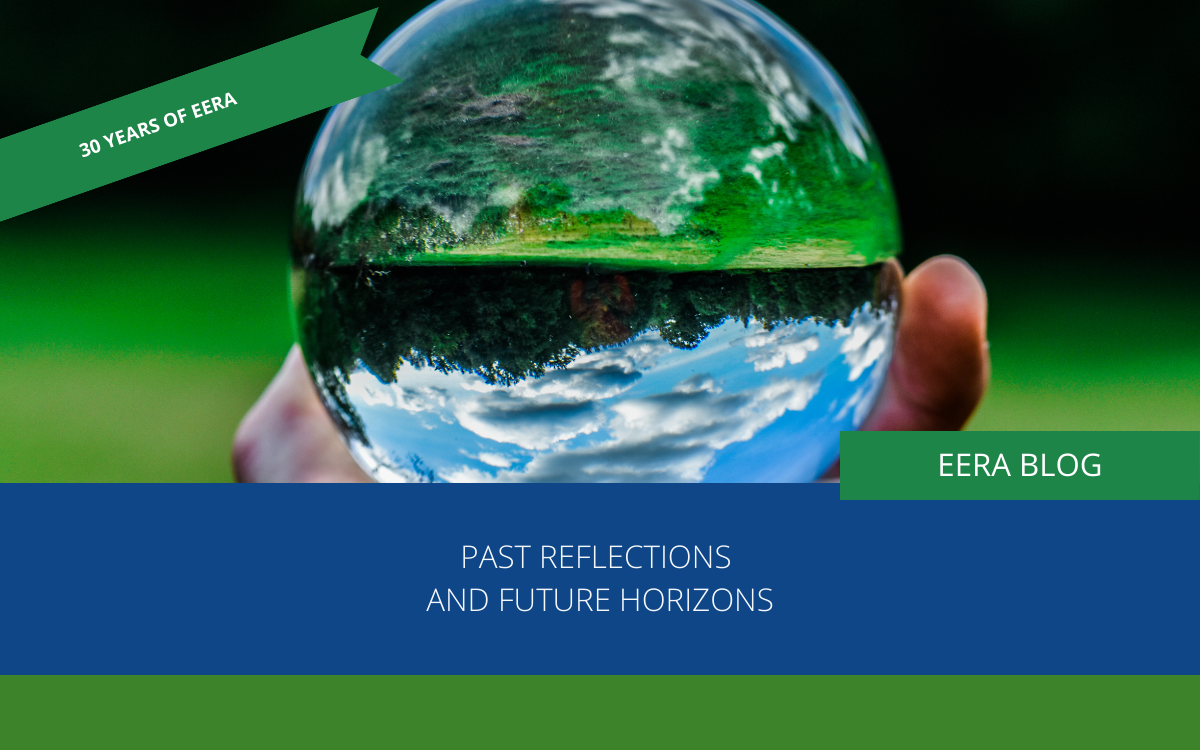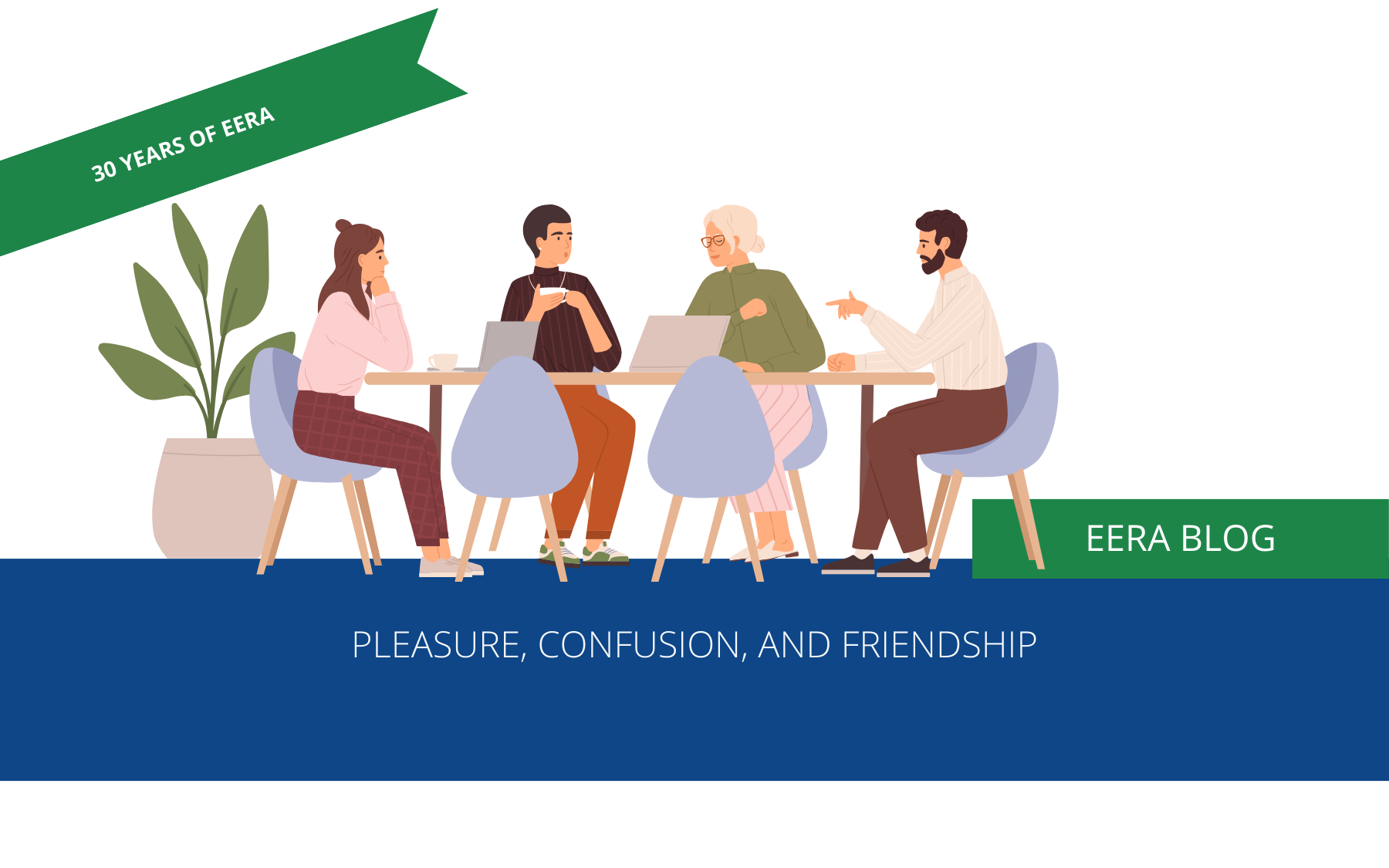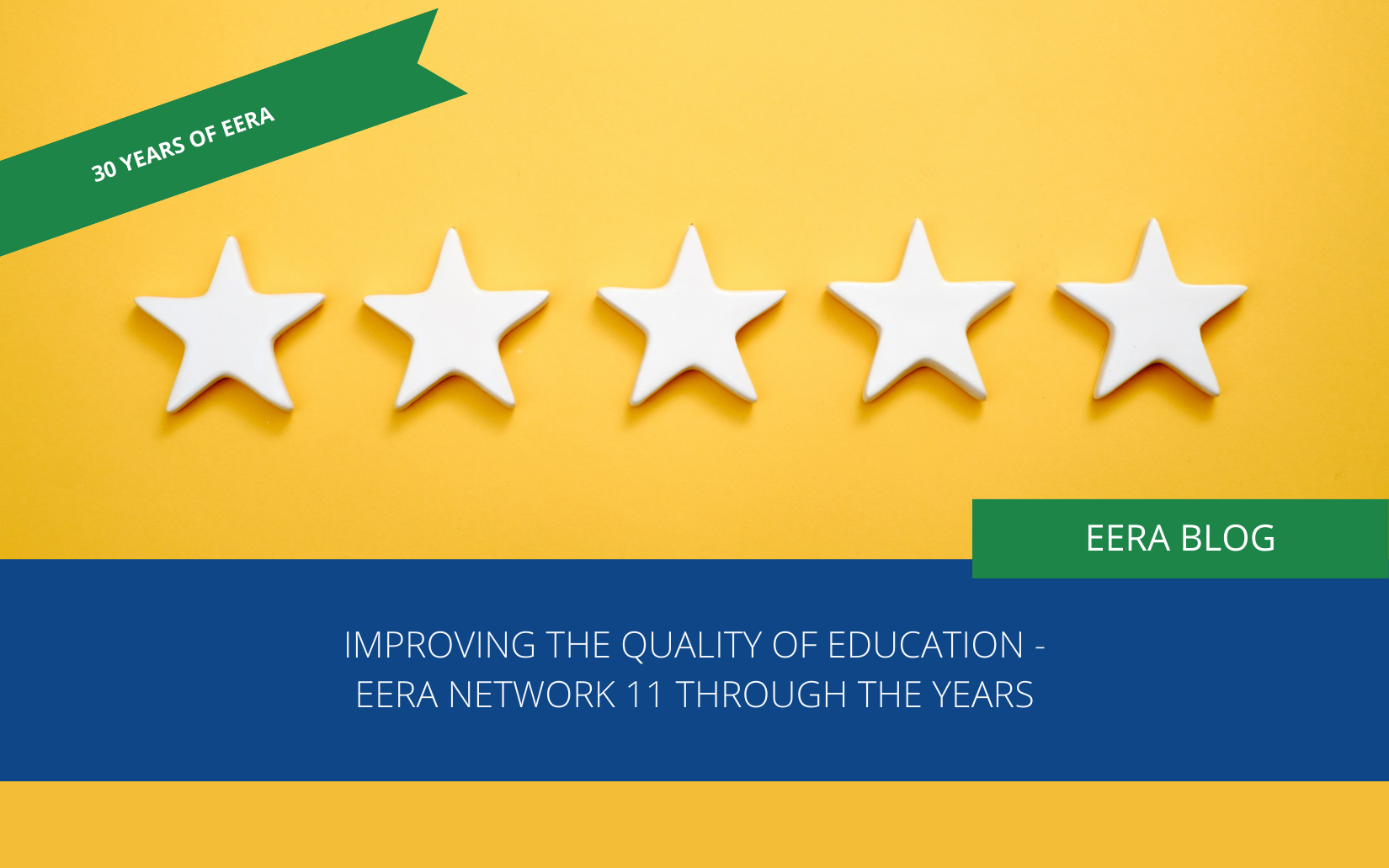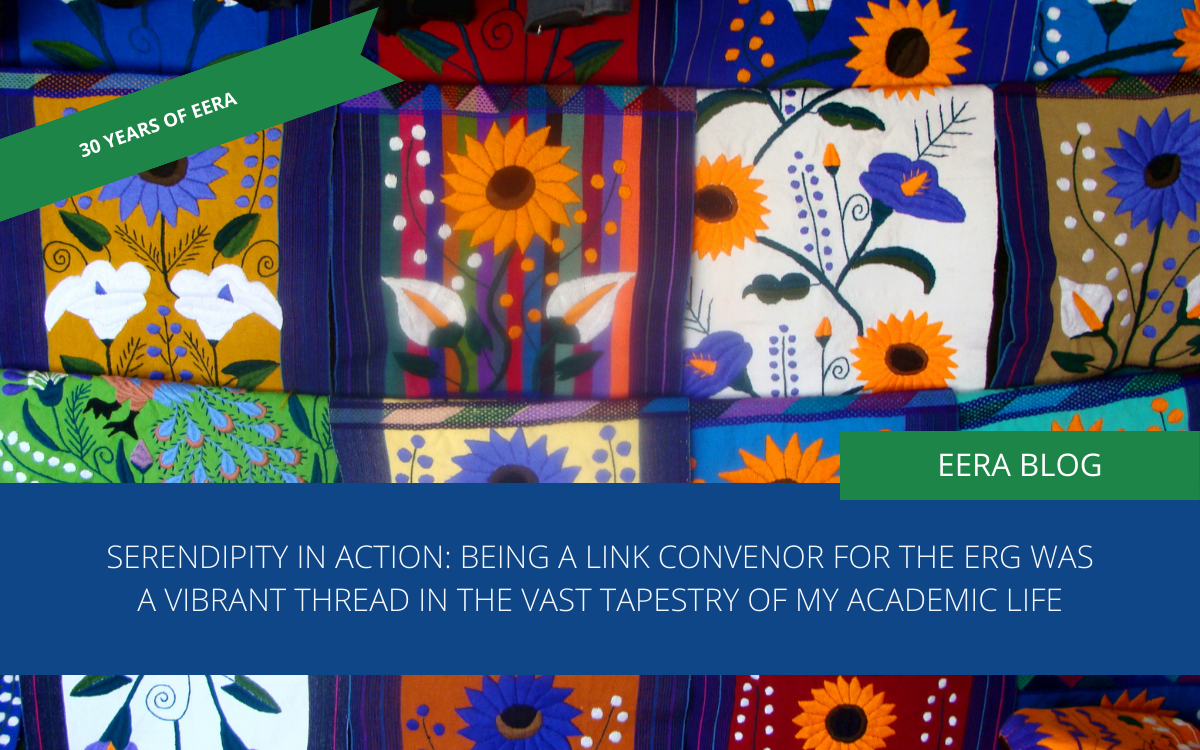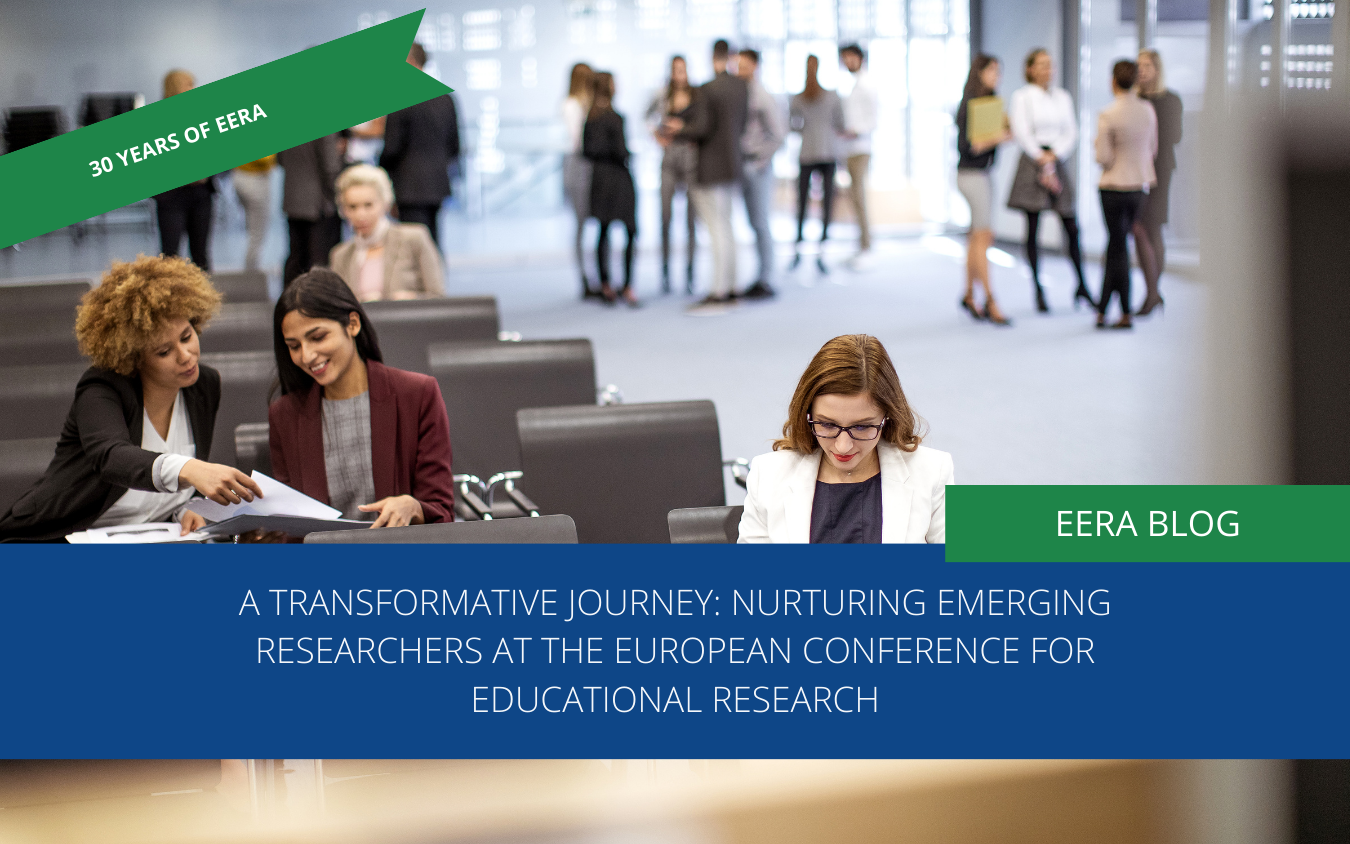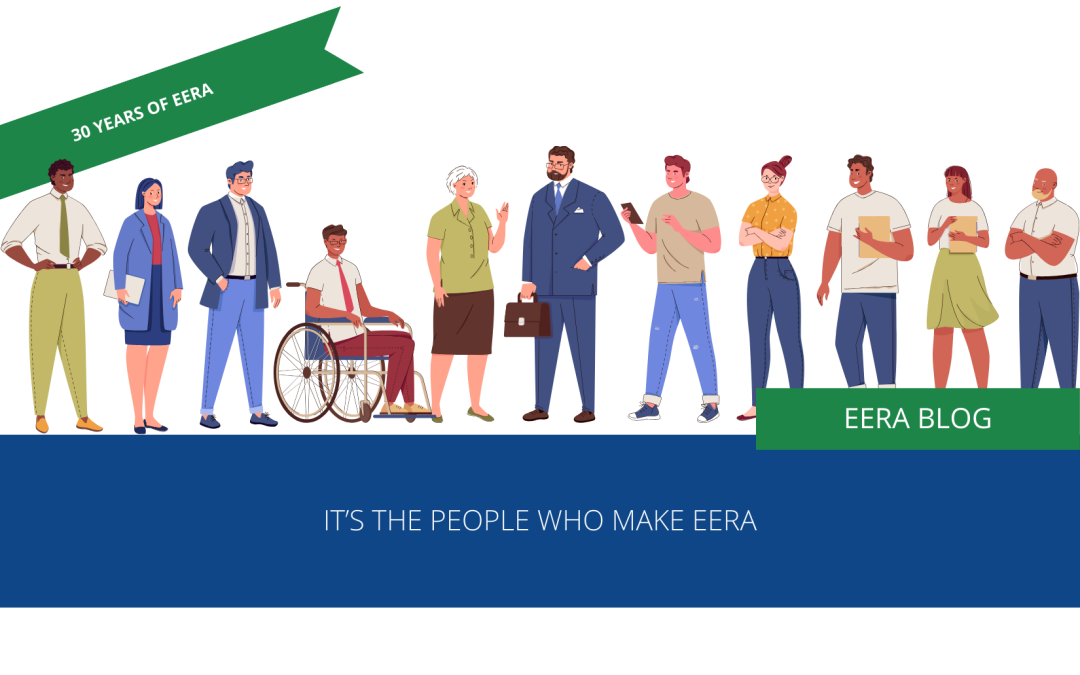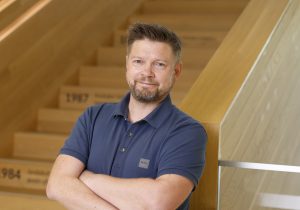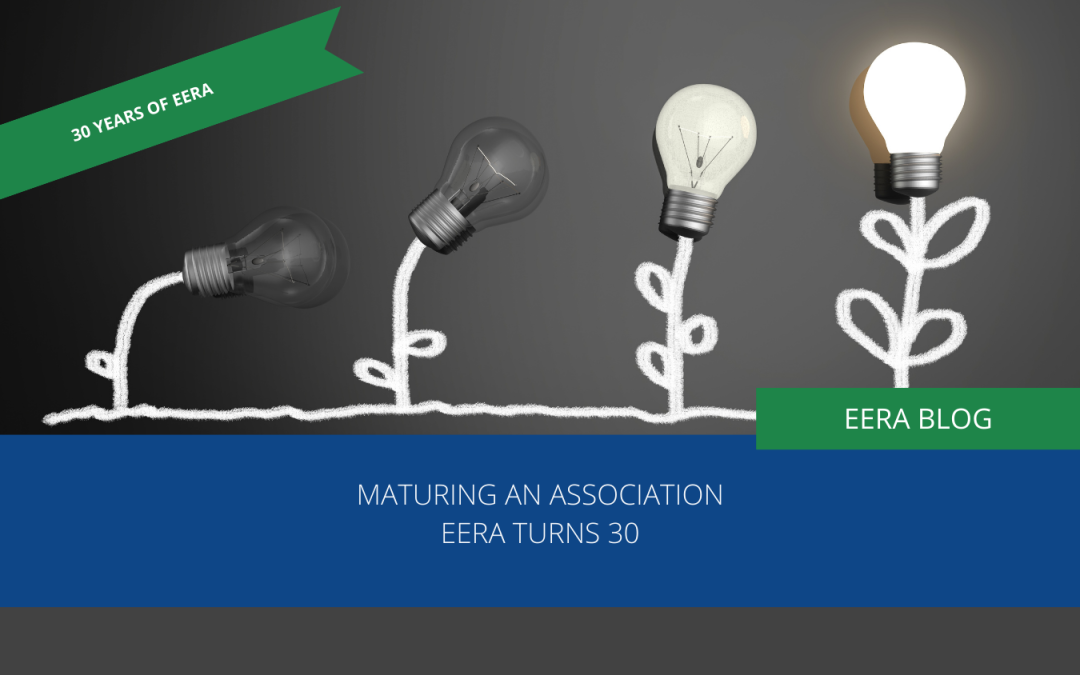
Maturing an association – EERA turns 30
EERA is celebrating 30 years in 2024, and as part of our anniversary celebrations, we have invited people who have been at the heart of the association to share their memories and reflections. In a series of blog posts, which will run throughout 2024, we will share those precious memories, from the people who helped foster the global EERA community.
In this blog post, Associate Professor Emeritus Lejf Moos reflects on his involvement in EERA and ECER, and his time as EERA President from 2009 to 2014.
EERA has for thirty years grown from non-existence into an active and important participant and agent in European education research. It has been pivotal because global and European politics and its dissemination channels, such as transnational agencies[1], from the outside constructed the educational space: networks, flows and policy scapes. The influences increased rapidly and became cornerstones in the contexts and frames in which educational research works (EERA: a participant or an agent).
I have been privileged to take part in the development of the association in the greater part of that period: In the late 90s, I was a regular participant in the ECERS. In the first decade of the new century, I was a member of the EERA Council, followed by five years as the president. Over the latter decade, I have again enjoyed participating regularly in ECERs, but with minor knowledge about the inner life of our association.
The life of EERA has changed enormously from being a loose association of 12 national associations with a small office in Glasgow to being a large association with an office in Berlin. When we experienced that more, many more associations wanted to join us (from 32 in 2009 to 42 in 2024), we found there was a need for more organized and professional structures. The office was moved to Berlin, and highly professional staff was hired. The EERA governance also needed modernization, so a new Constitution described the relations between the Council and the Executive Board, the Emerging Researchers Group, the networks and their convenors, the journal, and, of course, the ECER.
We extended our activities to become more attentive to our surroundings and contexts. It may be claimed that EERA has gotten more political over time, and that is true and well-founded because it is pivotal to know the situations that individual researchers must work in, and that also applies to national and, in particular, transnational associations. One example is the relations with the European Commission through work on the Horizon 2020 project. Another, according to the Council minutes, is the public response to the Russian war on Ukraine.
From the very beginning, EERA was intended to act as an important link between national research associations and the European Union, in line with the European Commission’s discourse of Europeanization. A few EC initiatives were recommended by the association, but over time this link vanished. One reason for that was that EERA had gone beyond the EU area to include membership from more European countries and, at the same time, was active in co-constructing the WERA (World Education Research Association). Another reason was that the EC moved in directions that were incompatible with EERA’s thinking. In 2010, when the Horizon 2020 White Paper was launched, it had no room for humanities and social sciences and thus for education research. We had to respond and react to this tendency, and we did so with help from Philip Keraudren from the EC. We were active, together with more than 40 (now 70) other associations, in establishing the EASSH (European Alliance for Social Science and Humanity) in 2015. Since then, this alliance has been very active and successful in influencing the EC together with the ISE (The Initiative for Science in Europe) and, of course, EERA.
I think the work on the council and with the network conveners on Horizon 2020 has been one of the most inspiring experiences of my work in EERA. Colleagues from a vast majority of national associations and scientific fields were eager and committed to collaborating with colleagues and the Executive Board in several seminars and discussions, and in establishing the EASSH. These activities have contributed a great deal to finding and defining EERA’s place in the political and scientific landscape while at the same time strengthening the relations between EERA and the national associations through the functions of each representative on the council.
As mentioned above, for thirty years, EERA has seen ourselves as working within and for the Europeanization and, at the same time – as real academics – being profoundly critical in the ways the EU and EC work in relation to education and educational policies.
Looking back, we have worked for two major changes over time: We have wanted to expand our reach beyond the EU member nations, into a Greater Europe. This is clear when reading the list of member associations to EERA. Secondly, we wanted to further high-quality educational research for the benefit of education and society as a European space for critical, scientific exchanges of ideas, discourses, and discussions in relation to transnational and national research and governance, and their diverse forms of hard, soft, and discursive governance (A panel discussion).
Summing up, I see a very successful association that continuously and successfully works to assist and inspire education research and education researchers all over Europe, as mentioned above, but even more important is the continuous work of the networks and, of course, the ECER. In 2023, there were more than 3.000 participants in Glasgow. I wonder: How big shall EERA and ECER become?
[1]The EU (European Union), EC (European Commission), the UNESCO (The United Nations Educational, Scientific and Cultural Organization) and the OECD (The Organization for Economic Co-operation and Development)
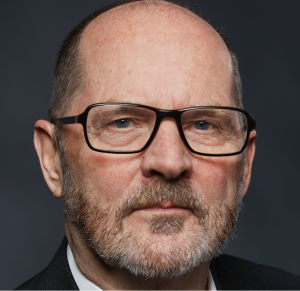
Associate Professor Emeritus Lejf Moos
Associate Professor Emeritus at the Danish School of Education, Aarhus University
Lejf Moos is an Associate Professor Emeritus at the Danish School of Education, Aarhus University.
He has, for many years, worked on research and education, education of educational leadership and governance. This has brought numerous publications (Pure) as author or editor. He founded and is a co-chief editor of the Springer book series on ‘Educational Governance Research’.
He was also the president of EERA from 2009-2014.

